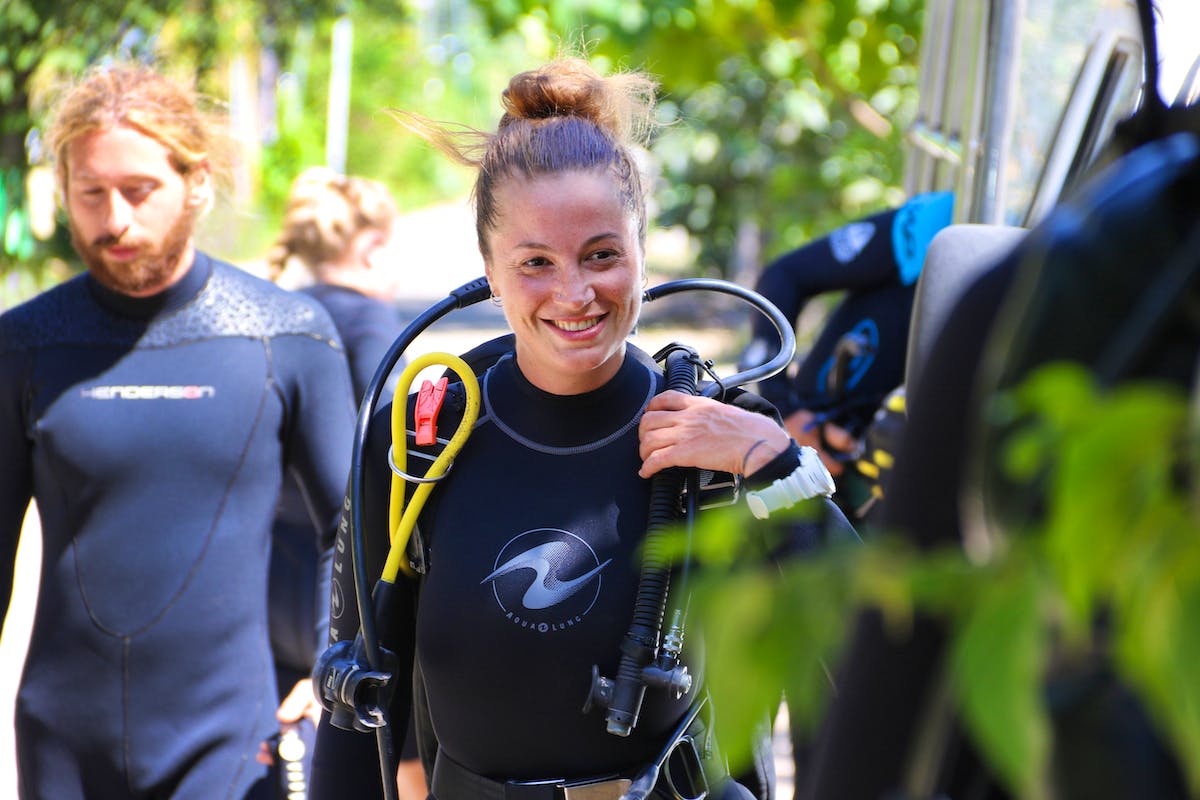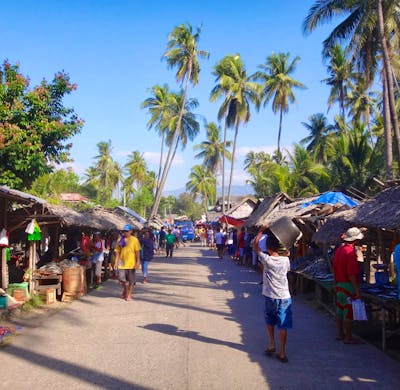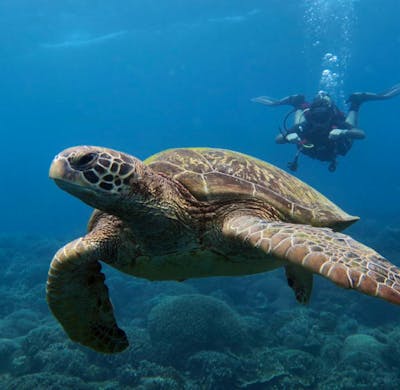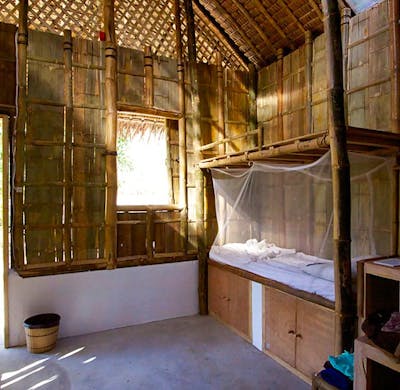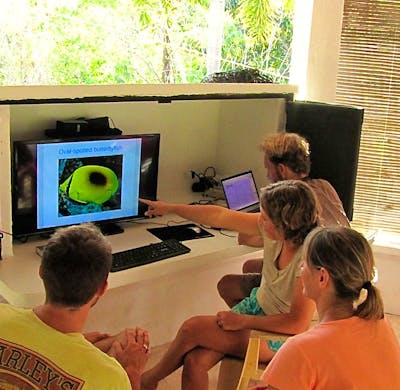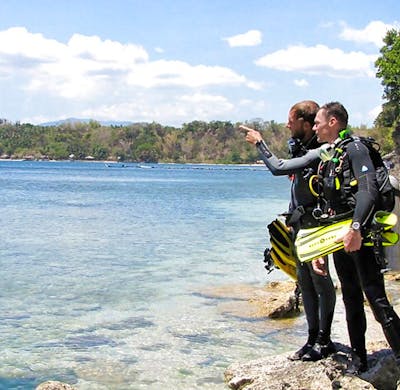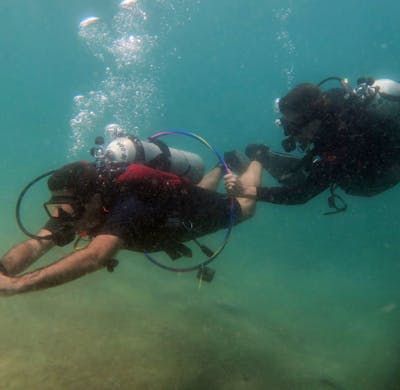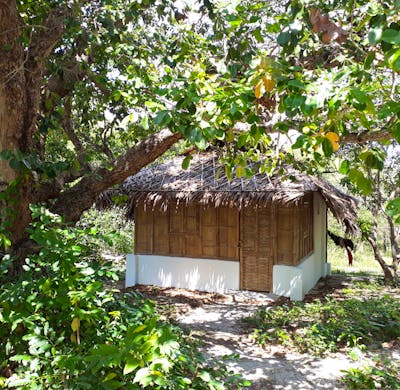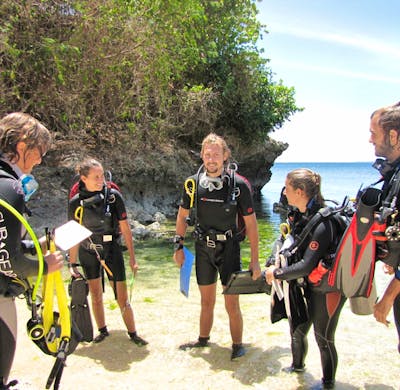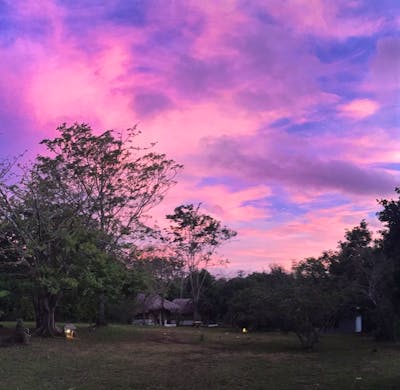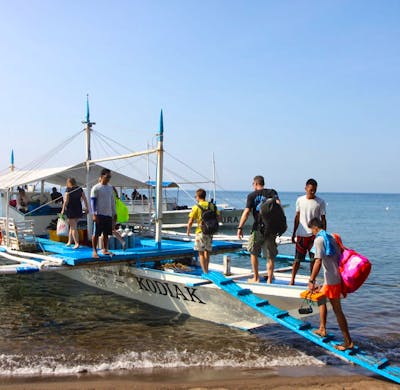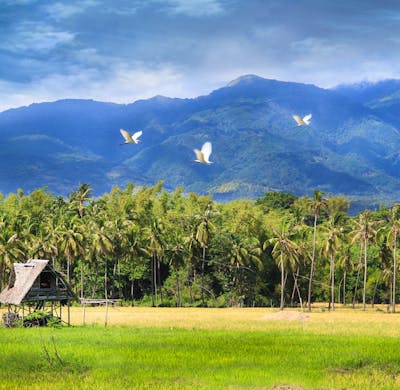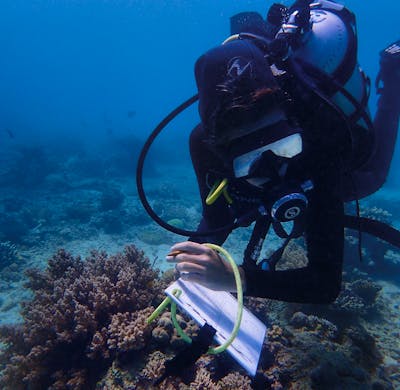Citizen Science Marine Conservation Expedition
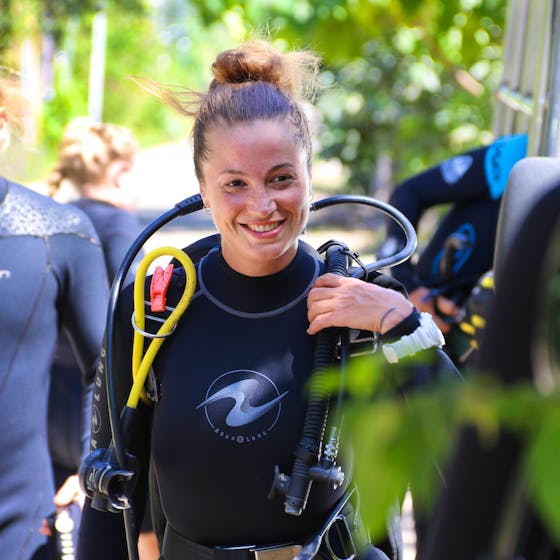
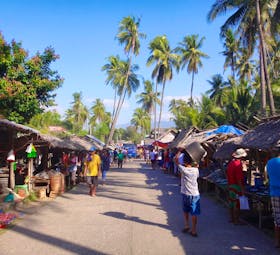
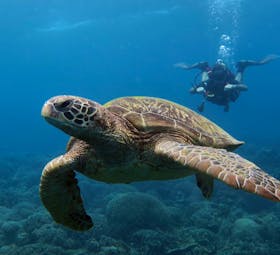
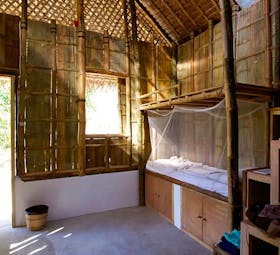
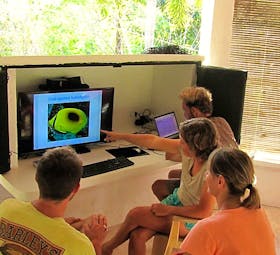
Highlights
- Volunteer and help conserving the marine environment in the Philippines
- Acquire and develop excellent diving skills throughout the project
- You help make a difference and help real conservation efforts
- Use the outdoor jungle gym or visit the whole botanical garden which is more than ten hectares
- Explore neighbor islands throughout the weekends and cliff dive into amazing azure blue lagoons
Besonders geeignet für
Über das Programm
You're an experienced diver. Join us as a scuba volunteer, learn scientific diving with our scientists and biologists, and meet lifelong friends from all over the world.
Most volunteers who join us do training through the PADI curriculum, and either learn scuba diving or improve their skills through continued education courses. This particular 4 week program is however for people who do not have so much time, (normally the shortest possible stay is 6 weeks) but ...
Tagesablauf
While you stay with Marine Conservation Philippines, there’s a great number of projects you can participate in. In fact there’s so much to do, that you can’t do it all. Some of our projects are continually ongoing – for example hands-on beach clean ups and the surveying of coral reefs. While ...
Freizeitaktivitäten
When you volunteer, you will be busy. There is not a lot of free time - the day starts early at seven, and often you're not done with the work for the day until the late afternoon. You will generally dive twice a day, six days a week. You're tired when you're done! In the weekends however, there ...
Voraussetzungen
Leistungen
Was ist NICHT inklusive?
Informationen zur Anreise
Marine Conservation Philippines accepts new volunteers every second Monday.
Programmgebühren
Lerne deine Organisation kennen

Marine Conservation Philippine
Non-profit - gegründet 2015
von Volunteer World verifiziert
Veranstaltet von
Soren
Über die Organisation
29 Bewertungen ·  5
5
Lage

Das könnte dich auch interessieren
-
Strandreinigung
Korallenriffe
Tauchen
Tauchschein
Meere säubern
Divemaster-Kurs
Plastikmüll
Schnorcheln
Müll Recycling
Senioren
Gruppen
Flexible Freiwilligenarbeit
Beste Freiwilligenprogramme
Freiwilligenarbeit Kurzprogramme
Auslandsfreiwilligendienst
Projekte im Ausland
Freiwilligeneinsätze für College-Studenten
Freiwilligenarbeit in der Natur
FSJ im Ausland
Klima Wandel
Paare
Erwachsener
